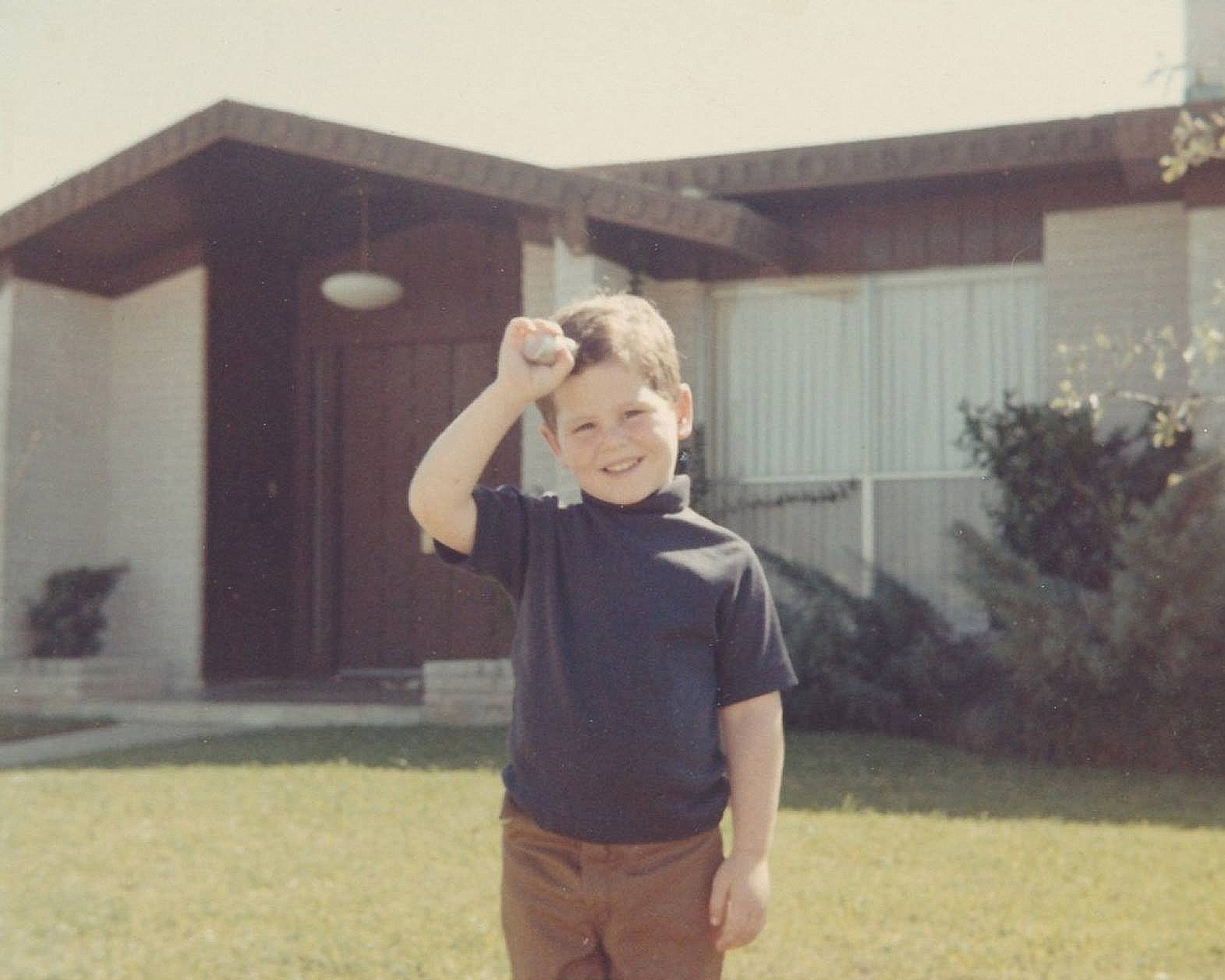Flexibility gives way to workday "dead zone"
It's common for employees' productivity to ebb and flow over the course of a workday. These days, when their energy wanes, workers are shifting gears to take care of personal chores during standard business hours.
"It's kind of a holdover from the height of the pandemic era. You think about the flexibility many of us enjoyed when we were working in fully remote environments — you'd step away maybe to get started on dinner, or you'd get in your workout, maybe pick up your kids," Wall Street Journal reporter Callum Borchers told CBS News.
Remote and hybrid work models give workers flexibility that full-time, in-office work doesn't allow. Workers are clinging to the freedom and added control they gained over their schedules at the height of the COVID-19 pandemic. In some cases, though, their workdays now extend past dinnertime.
That's a trade-off they're willing to make for taking a mid-afternoon hiatus from their desks.
"Even though many people are back in offices, they've clung to this habit of clocking out early and then trying to make it up later. They're not necessarily slacking off, sometimes they're putting in a third shift after dinner, putting the kids to bed," Borchers said.
Convenient for some, but not everyone
Keyboard stroke data from Microsoft shows three peaks in activity throughout the course of a typical workday. It spikes in the morning and afternoon, and again around 10 p.m., when workers wrap up loose ends and prepare themselves for the next day.
But only certain kinds of workers can decide when and where their work gets done.
"You cant leave your construction shirt early, of course," Borchers said.
While it suits individual workers and their schedules, keeping such a schedule can inconvenience managers and colleagues who want to take care of business during normal business hours.
- Three years later, bosses and employees still clash over return to office
- A growing push from some U.S. companies for workers to return to office
- Martha Stewart says America will 'go down the drain' if people dont return to office
"This is great for the people who are doing the flexing. But I hear some complaints, too, from managers and colleagues who say, 'If I email you at 4:30 or want to call a meeting, I'd rather just handle it right now,'" Borchers said.
Some managers are willing to wait until after dinner for workers to respond to requests, though, because it benefits organizations in other ways.
"I do hear from CEOs who say this is a perk that you can give to employees and it fosters retention, and that's worth a lot right there," Borchers said.



